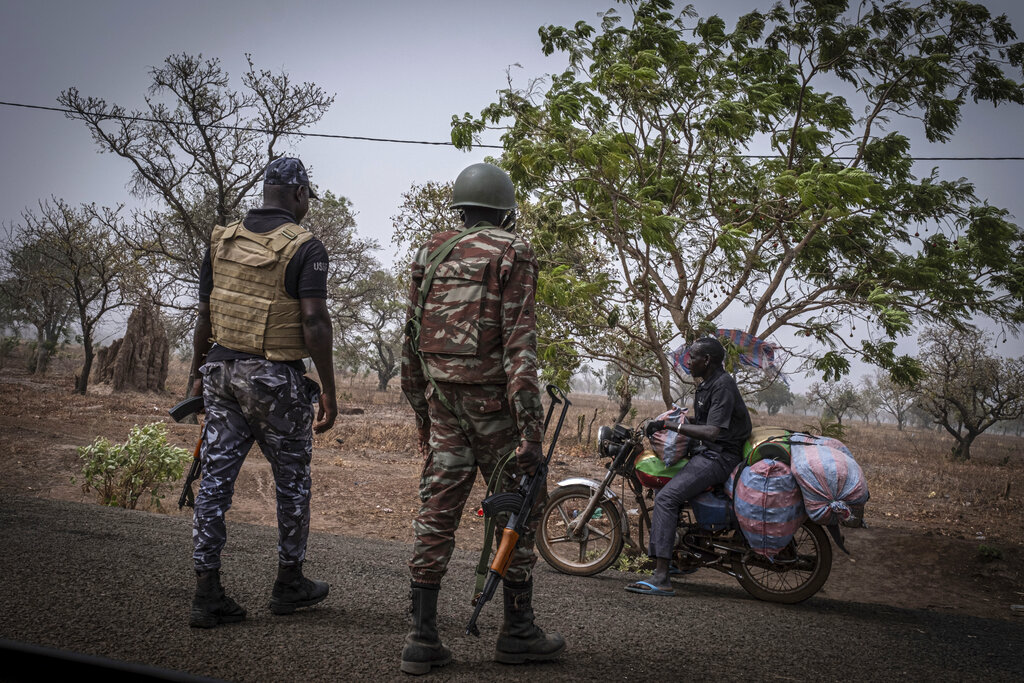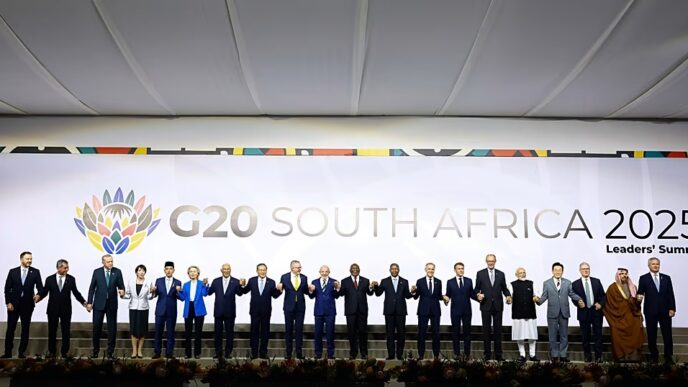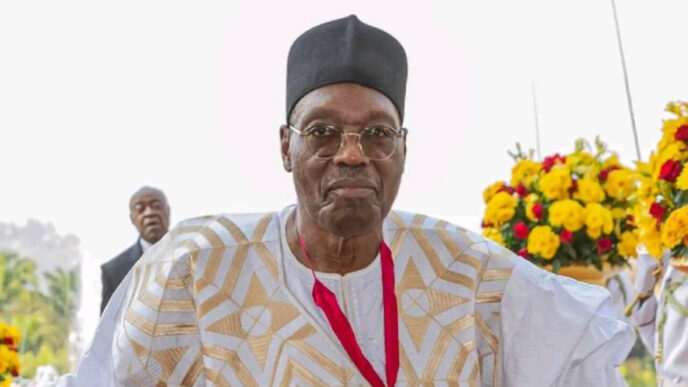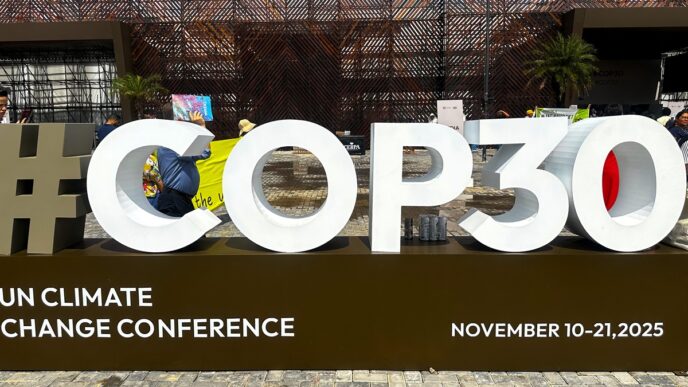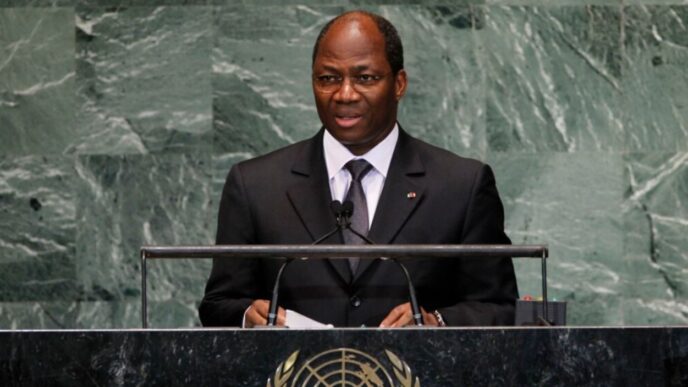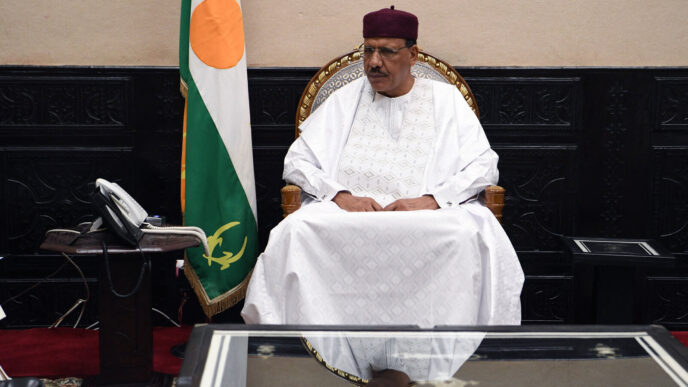Niger’s ruling General Abdourahamane Tiani, who seized power in a July 2023 coup, has recently begun a series of risky road trips across the country’s unstable regions to meet with fearful citizens.
These visits target areas hard-hit by a persistent terrorist insurgency, including the western Tillaberi region, which has become a stronghold for groups linked to Al-Qaeda and the Islamic State.
Tiani’s hands-on approach of travelling along poor roads—a move avoided by junta counterparts in neighbouring Mali and Burkina Faso—is seen as an attempt to reassure the public and challenge perceptions that he is “fearful” or incapable of managing the security crisis.
Analysts suggest the extensive tour serves multiple strategic purposes: to demonstrate that the state’s authority extends across the entire territory, to generate a sense of popular support for the junta, and to quell international concerns.

Tiani has used these public stops to aggressively promote his “Niger-first” policy, specifically regarding the country’s rich uranium reserves.
He publicly condemned the condition of mining areas, asserting that Niger’s resources now belong to its people, a stance that exacerbates tensions with former colonial power France.
Despite the highly visible outreach, which state media portrays as a campaign-like success, the security and financial situation remains volatile.
The country is dealing with continued militant attacks and kidnappings, even as Tiani insists the economic hardship—including delays in paying government officials—is due to sanctions.
Ultimately, the tour is viewed as a necessary step for the General to rally public support around his nationalist and sovereignty-focused agenda amidst an ongoing crisis.


 Trending
Trending 

